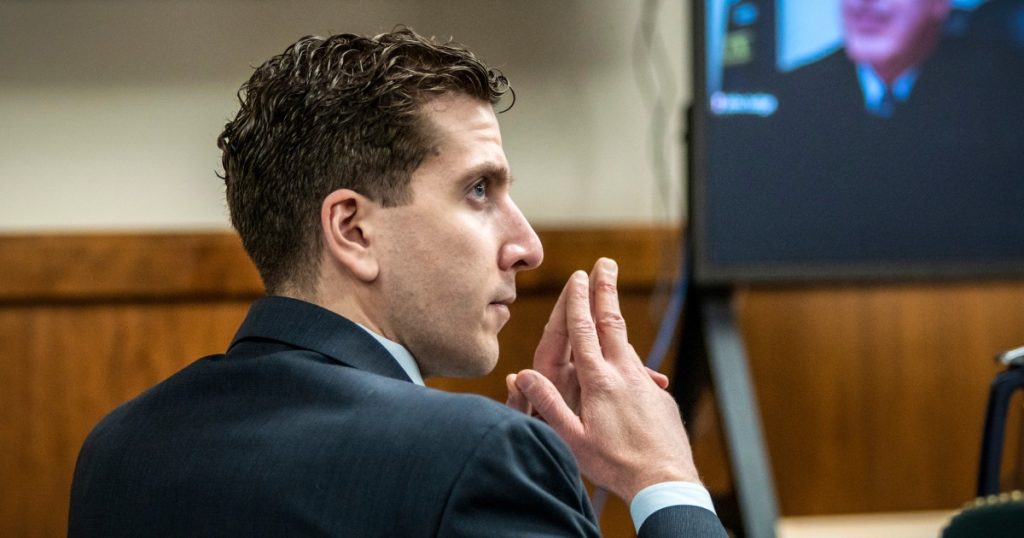Defense attorneys for Bryan Kohberger, who is facing four murder charges in connection with the deaths of four University of Idaho students, have been allowed to resume phone surveys of potential jurors as part of the case. The surveys conducted by a consultant hired by Kohberger’s defense team included questions about various aspects of the case, such as his arrest, DNA evidence, and a knife sheath found near one of the bodies. Prosecutors had requested the surveys be stopped, arguing that they could prejudice potential jurors, but a judge ruled that the surveys could continue as long as they did not violate a gag order issued in the case.
If convicted, prosecutors have indicated that they will seek the death penalty for Kohberger. The case involves the stabbing deaths of Ethan Chapin, Xana Kernodle, Madison Mogen, and Kaylee Goncalves in November 2022. Kohberger had entered a not guilty plea, and the phone surveys were intended to gather information from potential jurors living near the university about what they may have seen, heard, or read about the case. The judge ruled that most of the questions in the survey did not violate the gag order as they were based on information already publicly available through court documents.
The surveys also included questions about whether respondents had watched true crime-style shows relating to the case or had heard specific rumors about it. Prosecutors had argued that these questions could potentially bias potential jurors before the trial even began. However, the judge stated that since some of these topics had already been discussed in open court, they were now part of the public record and could be included in future surveys conducted by Kohberger’s defense team. The ruling allows the defense to continue gathering information from potential jurors without violating the gag order.
The case has garnered significant public attention due to the nature of the crimes and the potential for the death penalty to be sought in the event of a conviction. The defense team’s efforts to conduct phone surveys of potential jurors indicate a strategic approach to ensuring an impartial jury can be selected for the trial. By gathering information about what potential jurors may have been exposed to in relation to the case, the defense can make informed decisions about jury selection and trial strategy. The judge’s ruling allowing the surveys to continue provides the defense with a valuable tool in preparing for the trial.
As the case progresses, the defense and prosecution will continue to build their arguments and prepare for the trial. The judge’s decision to allow the defense to conduct phone surveys of potential jurors represents a key development in the pre-trial phase of the case. By gathering information about the community’s perceptions and knowledge of the case, both sides can better understand the challenges they may face in selecting an impartial jury. The ultimate goal is to ensure a fair trial for all parties involved, and the phone surveys are a crucial step in achieving that goal. As the legal proceedings move forward, additional developments are expected that will shape the outcome of the trial.













